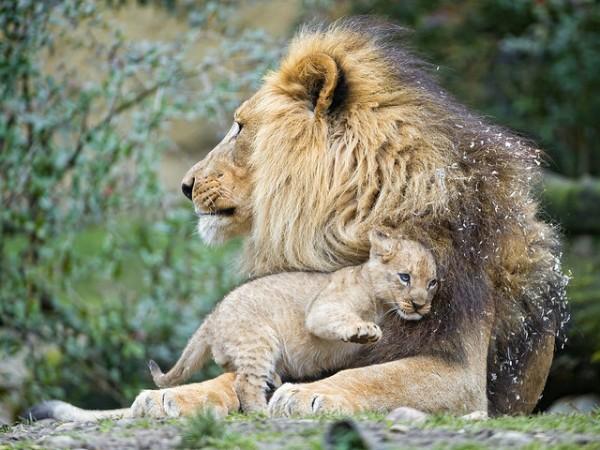
A new research shows that most male mammals practice infanticide.
Dieter Lukas, a zoologist at the University of Cambridge, and his colleague Elise Huchard, a behavioral ecologist with the French National Centre for Scientific Research for Evolutionary and Functional Ecology wanted to find why most mammals kill their young ones.
"Up to 50 percent of the infants might be killed by males in these populations, a massive impact more important than disease or predation," Lukas said, Reuters reports.
The researchers conducted a detailed study on 260 species, including 119 species that practiced infanticide and 141 that did not. Several factors - from social structure to mating behaviour - were compared to ascertain the exact reason behind the practice.
Huchard reveals: "It is a sexual strategy." The researcher added that most males kill babies fathered by others so that the mother of the dead infant becomes available for mating. Huchard said that the practice is common in about 25 percent of the mammals.
"Infanticide is probably the most extreme manifestation of sexual conflict in mammals, with a major fitness cost for mothers who lose their offspring, in which they have already invested lots of energy," he explained.
However, it should be noted that this behaviour is not observed in those who live alone or among monogamous species. In fact, those species that have a specific mating season also do not indulge in infanticide, Beta Wired reports.
Females in some species like bears mate with many males in a short period of time. This confuses the male. "Males stop killing offspring if there is a risk that the offspring might be their own," Lukas said, Science Recorder reports.
Infanticide is widespread among mammals that live in groups like Chacma baboons, leopards, cheetahs, lions, bears, horses and hippopotamus. It is also a prevalent practice among rodents such as mice and squirrels. Primates like orang-utans, bonobos and mouse lemurs also indulge in infanticide.

















